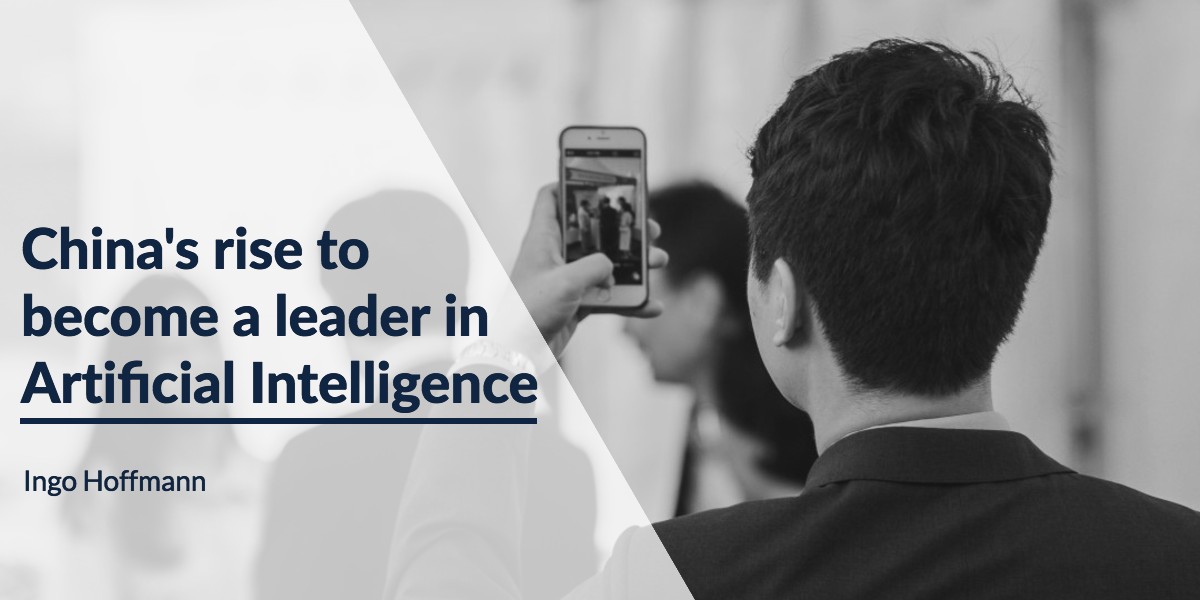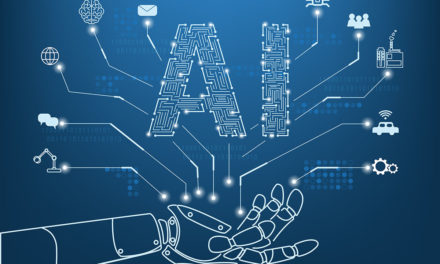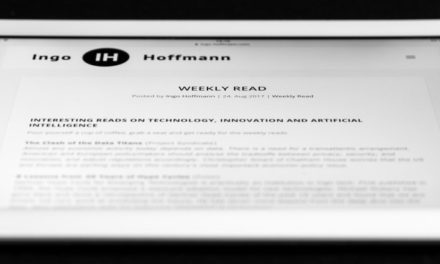In Europe or the USA many people see China as the big market opportunity to sell goods and services. Or as the global manufacturing powerhouse. But not so many will be aware that China’s shift from an industrial to a new consumer economy is well underway. And they have a plan to become a global innovation center for artificial intelligence .
Some facts from the studies:
- China is in the top three in the world for venture-capital investment in key types of digital technology, including virtual reality, autonomous vehicles, 3-D printing, robotics, drones, and artificial intelligence (AI)
- China is the world’s largest e-commerce market, accounting for more than 40 percent of the value of worldwide e-commerce transactions, up from less than 1 percent about a decade ago
- Chinese population generates 13% of the digital information globally, with expectations this will rise to 20-25% by 2020.
- China has more than 700 AI-related companies, more than 16k patents filed in the field in the past year, and US $2.6bn of capital flow into the industry between 2010 and 1H16 – making it the second-biggest AI ecosystem after the US;
- The bigger, younger China market is enabling rapid commercialisation of digital business models on a large scale. In 2016, China had 731 million Internet users, more than the European Union and the United States combined; enthusiasm for digital tools among China’s consumers that will support growth
- China’s three Internet giants Baidu, Alibaba and Tencent (collectively known as BAT) are building a rich digital ecosystem that is now spreading beyond them. In 2016, BAT provided 42 percent of all venture-capital investment in China, a far more prominent role than Amazon, Facebook, Google, and Netflix that together contributed only 5 percent of US venture-capital investment in that year
- The government gave digital players space to experiment before enacting official regulation and is now becoming an active supporter
And this is only the beginning. China is on a mission to become a global leader in artificial intelligence (AI) and machine learning (ML).
In July 2017 , China’s State Council issued guidelines on developing AI inside the country and set a goal of becoming a global innovation center for it by 2030. It expects the total output value of AI industries to surpass 1 trillion yuan ($147.80 billion).
China expects AI to drive technology-enabled business innovations and industry transformations, contributing to the country’s early lead in building an “intelligent economy” and an “intelligent society” by 2030. The plan strategically identifies AI as the key engine of China’s progress toward becoming a major economic power in the decade to come.
- By 2020, catch up to global leaders in AI technology
- By 2025, achieve major breakthroughs in fundamental research of AI, have world- leading technology in certain areas. AI to become the key driver for industry reforms.
- By 2030, become a world-leading power in AI on both fundamental research and technology application front. AI to build intelligent economy/society that lay out the foundation for China to become a economic world leader.
Goldman believes the benefits of AI will initially accrue to companies with unique and substantial data sets, and right-sized resources :
- Baidu leads AI research, with cutting-edge capabilities
- Alibaba, a world-leading use case of AI
- Tencent, the biggest social network in China is mastering AI
There are other companies you may not even know like Meituan, one of Tencent’s major investments. It is the world’s largest online-to-offline (O2O) services platform in a US$1.5tn market. With 1PB data generated daily, the platform is disrupting traditional services industry with technology that re-defines online/offline connections, in Goldman’s view.
So China has the talent, data and Infrastructure needed to fully embrace AI. And not only for the Chinese market. Watch out for Chinese companies to play a key role in the future of AI and the digital economy globally.
More reads:
Three Things You Need To Know About China’s A.I. $46B Power-Grab (Forbes)
HOW BAIDU WILL WIN CHINA’S AI RACE—AND, MAYBE, THE WORLD’S (wired)
China to become artificial intelligence ‘world leader’ by 2030, sparks attention from experts and global giants (The Independent)





